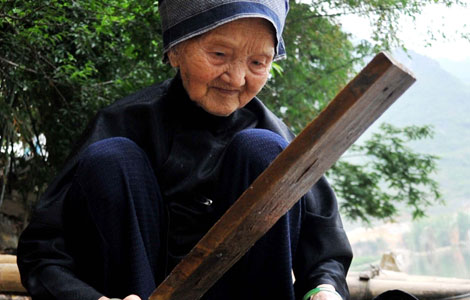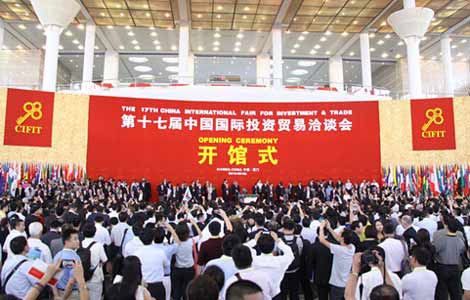Senior official sacked as CPC vows further anti-corruption drive
Updated: 2013-09-10 17:19
(Xinhua)
|
|||||||||||
Tigers & files
At a meeting of the Political Bureau of the CPC Central Committee held last week, a 2013-2017 work plan for the establishment and improvement of the corruption punishment and prevention system was approved.
The Party vowed to resolutely stop the spread of corruption, describing it a major mission for the whole Party, and to strictly deal with discipline violations, said an official statement issued after the meeting.
The exercise of power by officials must be checked and supervised to create a system, whereby officials dare not be corrupt and corruption tends not to happen, it said.
Xin Ming, a professor with the Party School of the CPC Central Committee, called the ongoing investigations into corrupt officials, including Jiang, as "inevitable results" of the Party's corruption fight.
"The central authorities promise to tackle both 'tigers' and 'flies,' which shows their iron will in spotting and handling corrupt cadres regardless of their identities or positions," he said.
Ma Huaide, vice-president of the China University of Political Science and Law, said corruption is essentially about power-for-money deals and the tunneling of benefits.
"Currently, China's market system and civil organizations have yet to be fully developed, and government organs are where public power is concentrated, leaving officials prone to corruption," the senior anti-corruption scholar said.
To curb corruption effectively involves a system that controls and supervises exercises of power well, Ma said. "The supervisory roles may be played by civil groups, the market, citizens, and an improved power distribution and conditioning mechanism inside authorities can also be helpful."
Noting that China is still facing tasks in reforms, he said transforming government functions, delegating its power to lower levels and streamlining administration is a "fundamental solution" for reducing corruption.
Related Stories
Former official probed for corruption, expelled from Party 2013-09-04 16:25
'Brother Watch' pleads guilty to corruption 2013-08-31 08:14
Official stands trial on corruption charge 2013-08-30 14:03
Crime and punishment for corrupt officials 2013-08-29 07:26
Guangdong government adopts anti-corruption rules 2013-08-28 20:36
CPC stresses corruption punishment, prevention system building 2013-08-28 13:49
Today's Top News
August economic data suggest recovery
China, Hungary sign currency swap deal
Global rules to govern Net sought
Official calls for improved elevator safety
Russia, China not competitors in Central Asia
China, Uzbekistan to deepen energy cooperation
China becomes 3rd-largest investor
Region urged to facilitate tourism
Hot Topics
Lunar probe , China growth forecasts, Emission rules get tougher, China seen through 'colored lens', International board,
Editor's Picks

|

|

|

|

|

|





